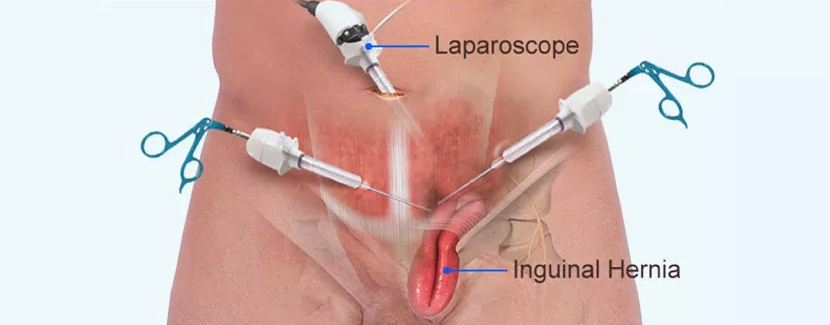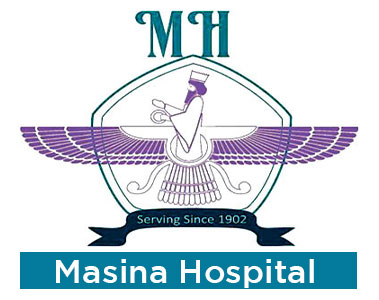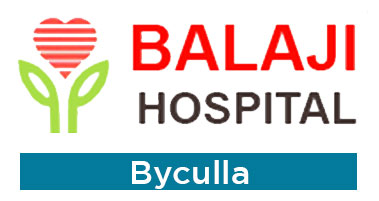Laparoscopic Hernia Repair

Laparoscopic hernia repair is a minimally invasive surgical procedure used to repair a hernia. During this procedure, a surgeon makes a few small incisions in the abdomen and inserts a laparoscope, which is a thin, flexible tube with a camera and light on the end. The surgeon uses the laparoscope to view the hernia and surrounding tissue on a monitor and then repairs the hernia using small instruments inserted through the other incisions.
The laparoscopic approach has several advantages over traditional open surgery for hernia repair, including less pain, faster recovery time, and less scarring. It also allows for a better view of the hernia and surrounding tissue, which can help the surgeon make a more accurate repair.
Laparoscopic hernia repair is typically performed under general anesthesia, and most patients are able to go home the same day as the procedure. Recovery time varies depending on the size and location of the hernia and the individual patient, but most people can return to normal activities within a few weeks. It is important to follow your surgeon's post-operative instructions carefully to ensure a smooth recovery.
The symptoms of a hernia can vary depending on the location and severity of the hernia, but some common symptoms may include:
- A noticeable bulge or lump in the affected area, which may become more noticeable when standing, coughing, or straining.
- Pain or discomfort in the affected area, especially when lifting heavy objects, coughing, or bending over.
- A feeling of heaviness, pressure, or weakness in the affected area.
- Nausea or vomiting, particularly if the hernia is located in the abdominal area.
- Difficulty passing stool or urine, particularly if the hernia is located in the groin or abdominal area.
- In some cases, there may be no symptoms at all, and the hernia may only be detected during a routine physical exam or imaging test.
If you suspect that you may have a hernia or are experiencing any of the symptoms mentioned above, it is important to see a doctor for a proper diagnosis and treatment. Hernias can worsen over time, and prompt medical attention can help prevent complications.










